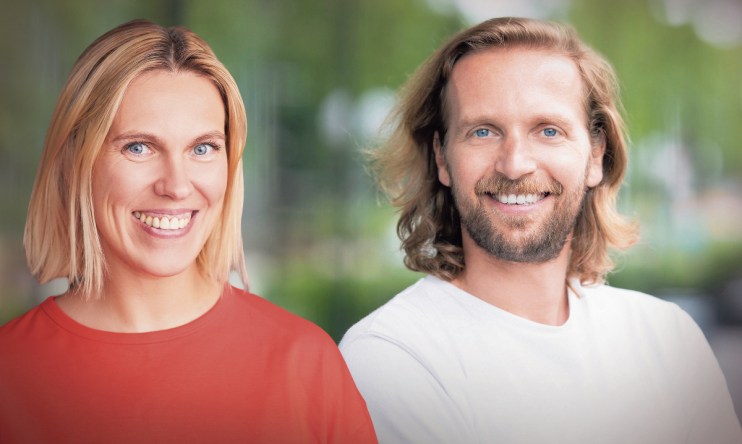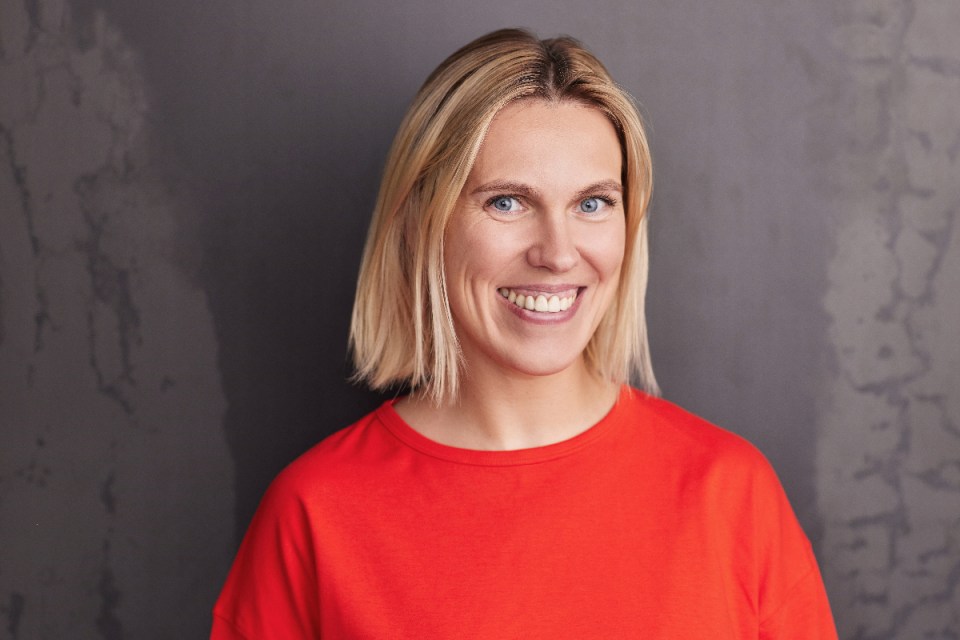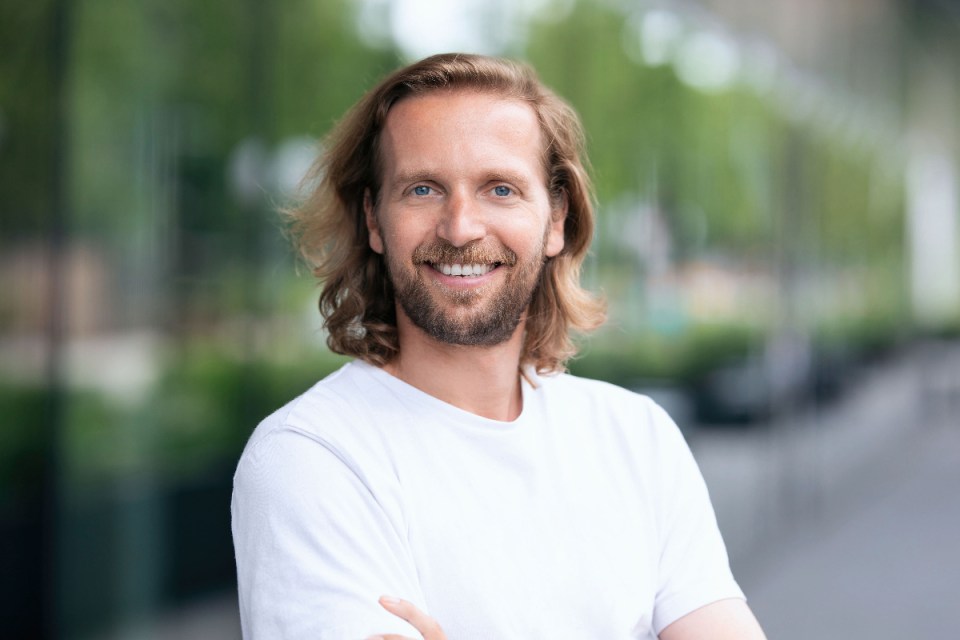
Vinted is the secondhand clothing platform taking the world by storm. Speaking with the founder and now group chief executive, Jennifer Sieg looks at what’s soared its most recent popularity to new heights.
Where did you get that dress? Vinted.
What am I going to do with all of these old clothes? Vinted.
How am I going to afford a new pair of shoes? Vinted.
If you haven’t heard of it, odds are you will soon. Vinted is the secondhand marketplace that has become a staple for fashion-conscious Londoners on a budget.
But whilst the platform’s popularity has spiked over the past year or so, it began life more than 15 years ago on a sofa in Lithuania.
Like all good businesses, the path to seemingly unstoppable success has not been smooth.
In fact, it wasn’t until the team recruited some outsider knowledge that the foundation for success began to mould into place – after all, they were only just trying to sell some clothes at first.
The origin of Vinted

Vinted launched a year after the first iPhone, in 2008, as the brainchild of a Lithuanian woman Milda Mitkute and her co-founder Justas Janauskas.
Mitkute tells Ambition A.M. that she can still hear the conversation with her stranger-turned-business partner Janauskas at a house party, bonding over the frustration of moving too many clothes into a too-small university apartment.
“He said let’s do it,” she says, and responded as any young 22-year-old would. Why not?
Rumour has it, the newly acquainted friends were so excited to get started they even forgot to include a ‘buy’ button at first.
“We had to make those mistakes,” Mitkute says, arguing that sometimes learning the hard way can be someone’s hidden secret to success.
Mitkute didn’t necessarily realise Vinted’s potential as a money-making business. It was only a few years later when an angel investor came on board that things began to move.
He said, “guys, you don’t know what you created,” she laughs, explaining that she, at the time of launching, didn’t even know what a start-up was at all.
But while Mitkute admits she wasn’t all that business-savvy from the start, the passion for her newfound project was sorely needed to keep it going all those years.
How was she ever going to leave her blood, sweat and tears in the hands of someone completely new?
Knowing your strengths – and accepting your weaknesses.
“I need to admit that you know, I’m good here, but I’m very weak here… I like to listen to people who know more, and learn from them,” she says.
Luckily, by the time she left on maternity leave in 2016, Mitkute was able to shift her focus elsewhere – leaving the business in the hands of Janauskas and its new group chief executive, Thomas Plantenga.
After spending years in the start-up ecosystem, the Dutchman joined Vinted – originally as a consultant – during a time when it was struggling to keep an eye on long-term growth. Within a year, he was promoted to CEO.
Sitting on his chair, legs up and feet crossed, Plantenga tells me his first job was a deeply unpleasant one: firing half the team and lowering existing seller fees.
“If you once in your life fire half of the people of a company, and you have to fire hardworking people that have the best intention, you never want to do that again,” he says.
“Avoiding that means running a super tight financial company in terms of understanding your paybacks, understanding the ROIs, understanding what is the responsible way to grow your team and where you are taking risks and not taking too much risk at the same time.”

Can founders do the same?
“That ruthless focus on analytics and constantly being able to allocate capital in the best possible way – and not doing that in a bit of a gut feeling way – I think is what it takes to scale,” he says.
Outside perspective
“I was able to – because I came from the outside – have a non-emotional view on the current status quo. I was able to say to everybody in the management team that if you continue like this, you’ll be dead in nine months,” he says.
It is not the first business that has needed new leadership to take the next step.
But the long-haired CEO is clear that the product Mitkute and Janauskas cooked up on a sofa that night is still a success story.
“We were not good in branding, but we were good at building technology,” he says, explaining why some people prefer to shop on Vinted over the Gen-Z-targeting, eBay-owned Depop.
“Doesn’t matter whether you’re a millennial, generation Z, a mother, a youngster, or somebody who’s older – we aim to build a product for society.”
What’s next? Most thriving scale-ups eventually start looking at public markets, but Plantenga doesn’t seem fussed.
“We’re making bets – in shipping, in payment, going to new countries, innovating – and it’s really nice to do that privately by not having to explain yourself constantly, or hitting a certain quarterly target that you have to do when you are public,” he says.
“For the foreseeable future, we are staying private.”
Even still, having recently been valued at £3bn in its 2021 fundraising round, Vinted seems set to remain a topic of conversation amongst financiers and fashionistas alike.

